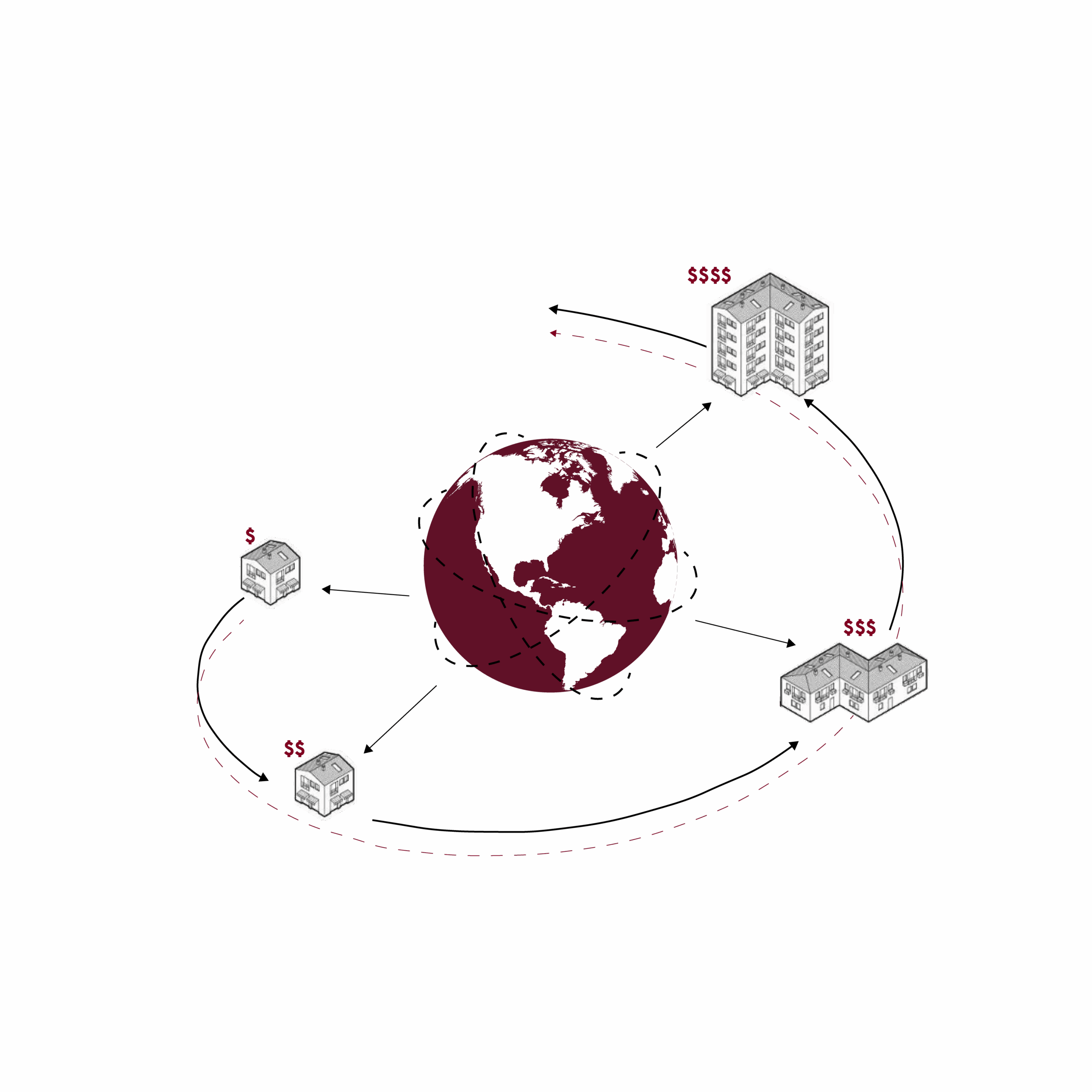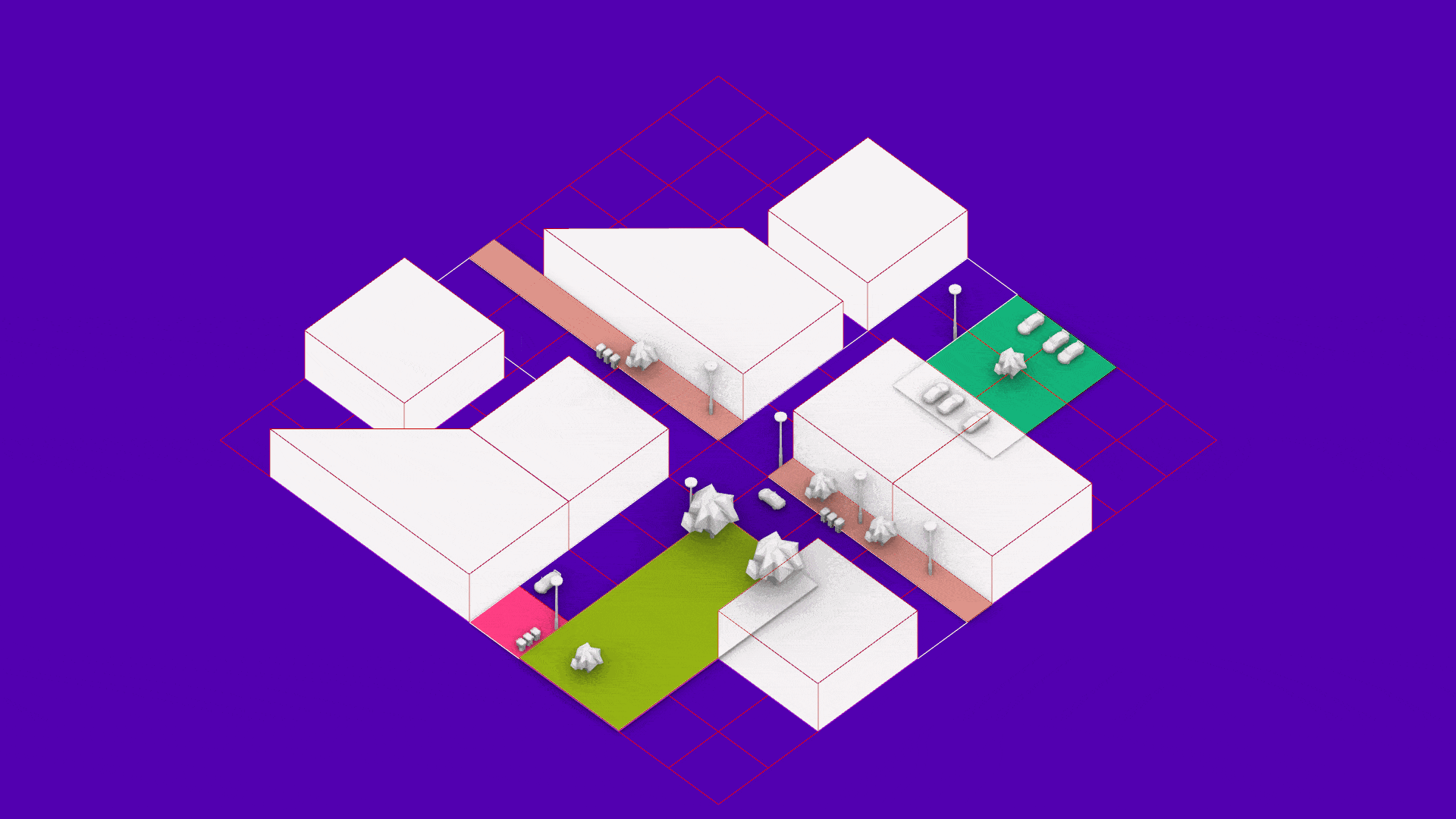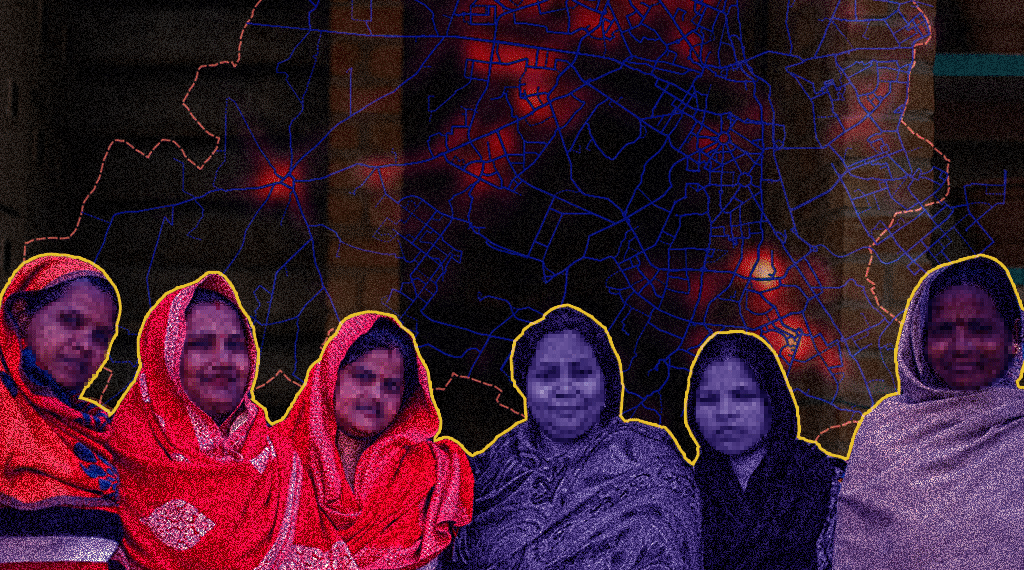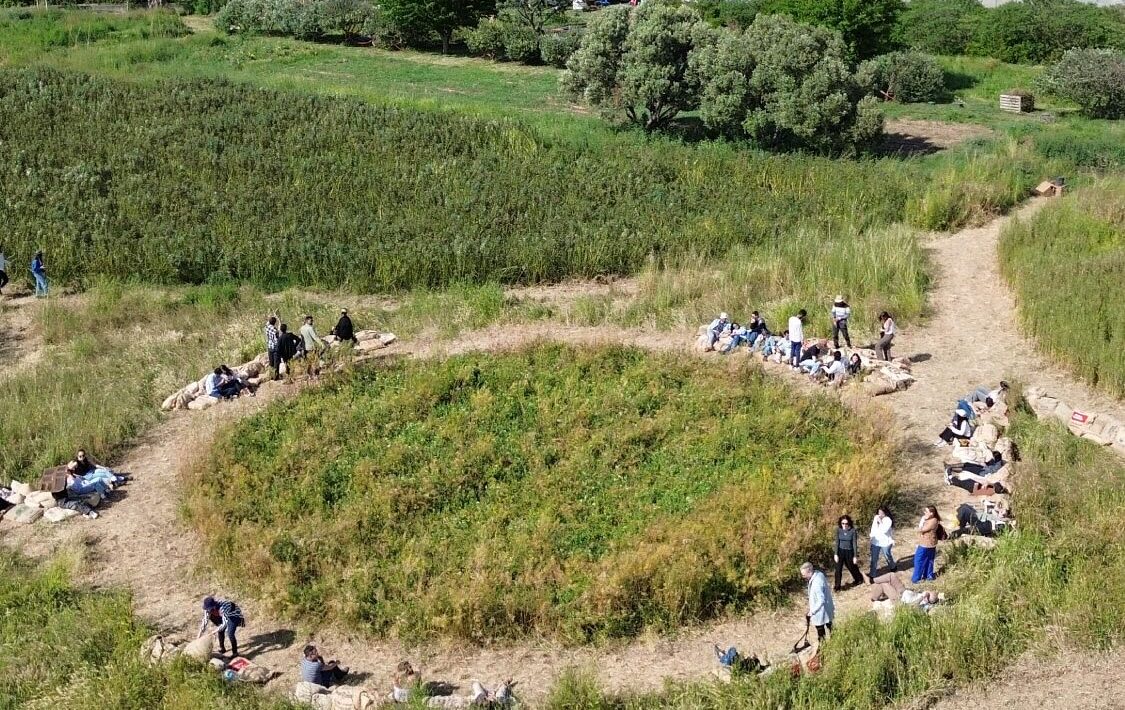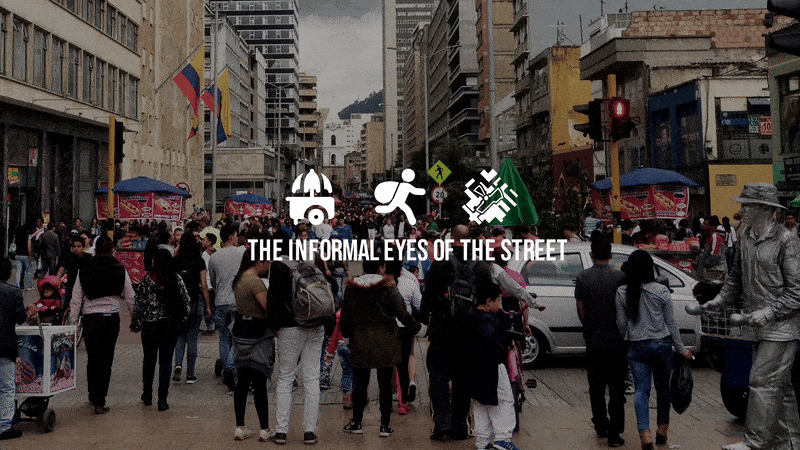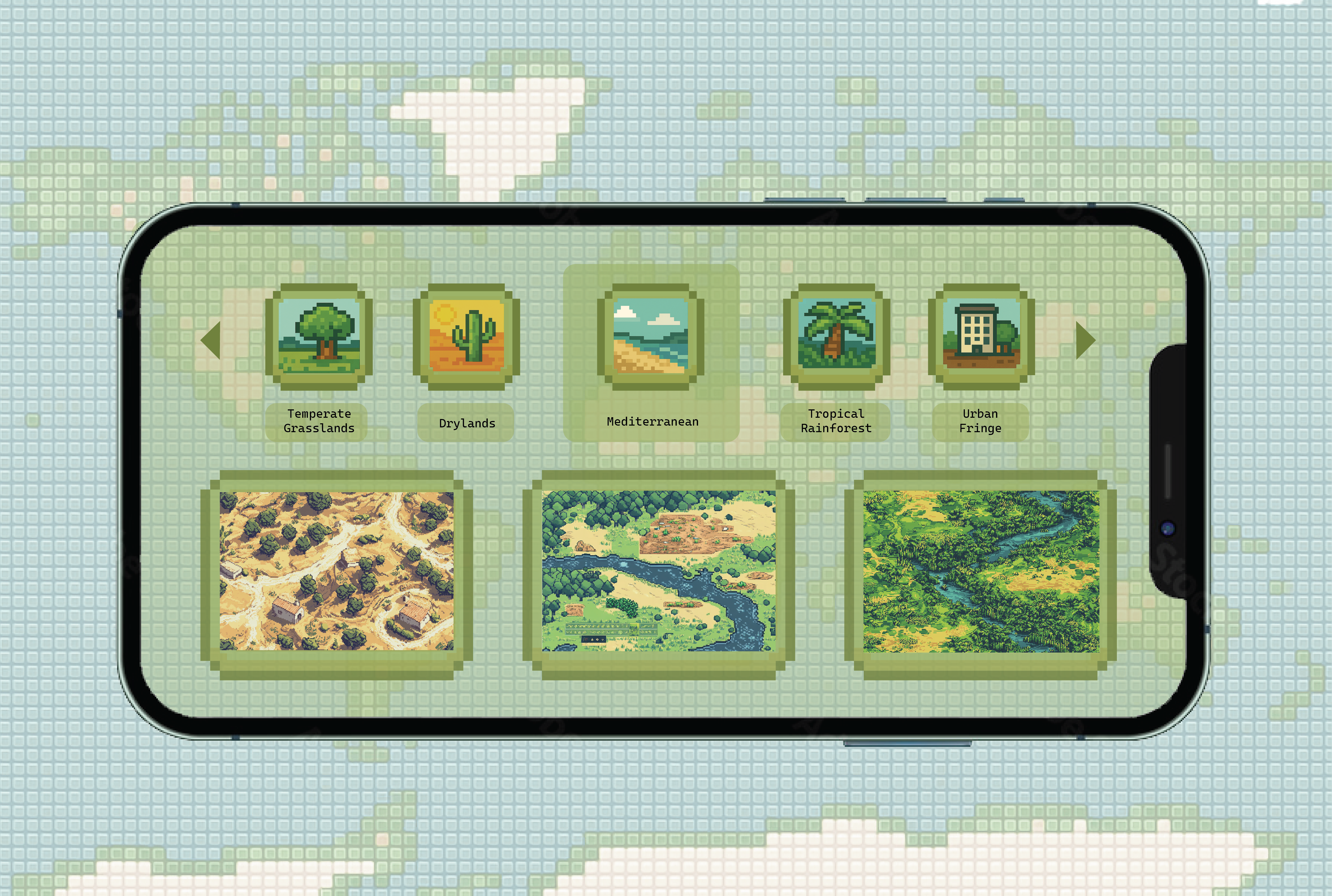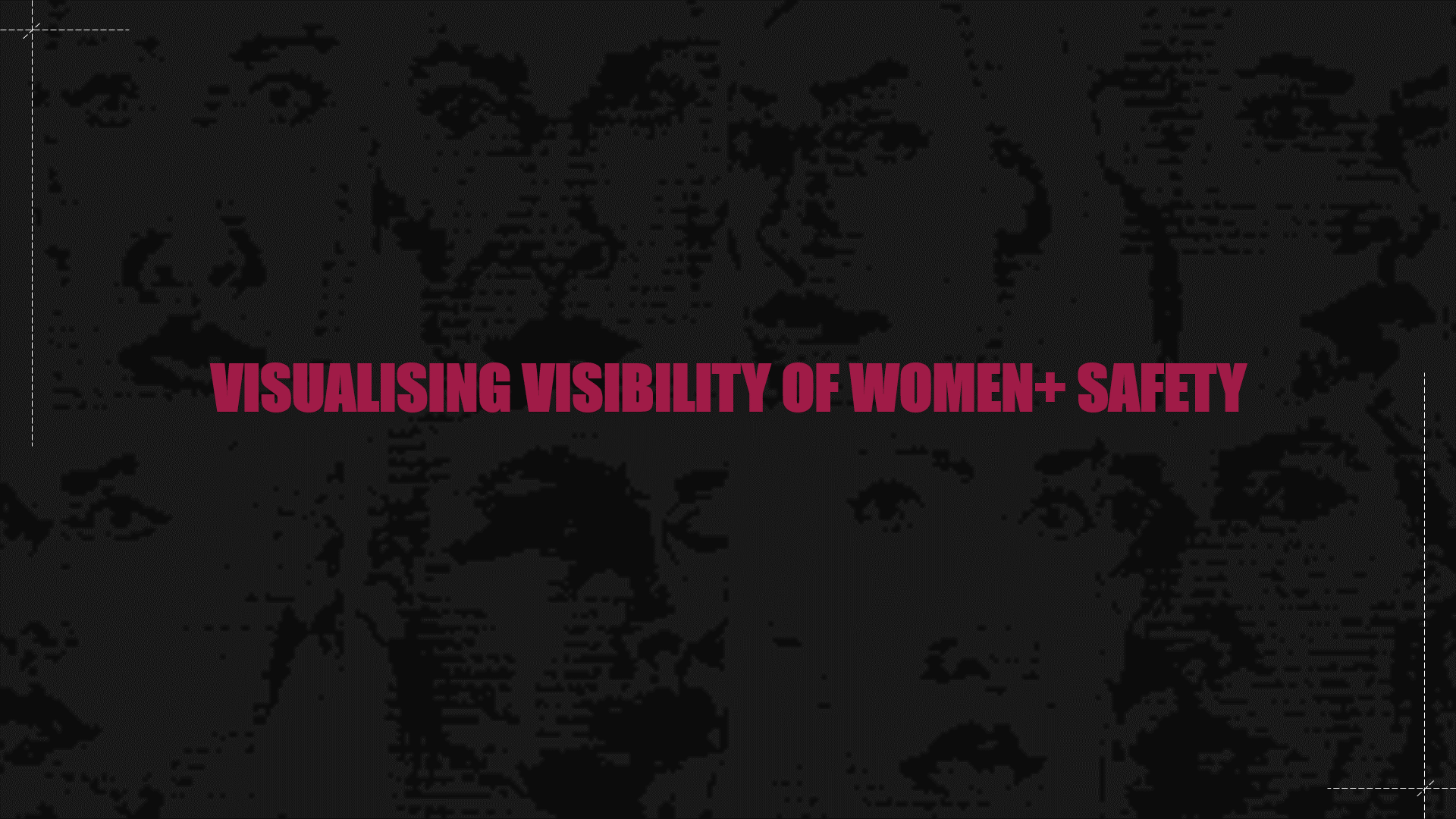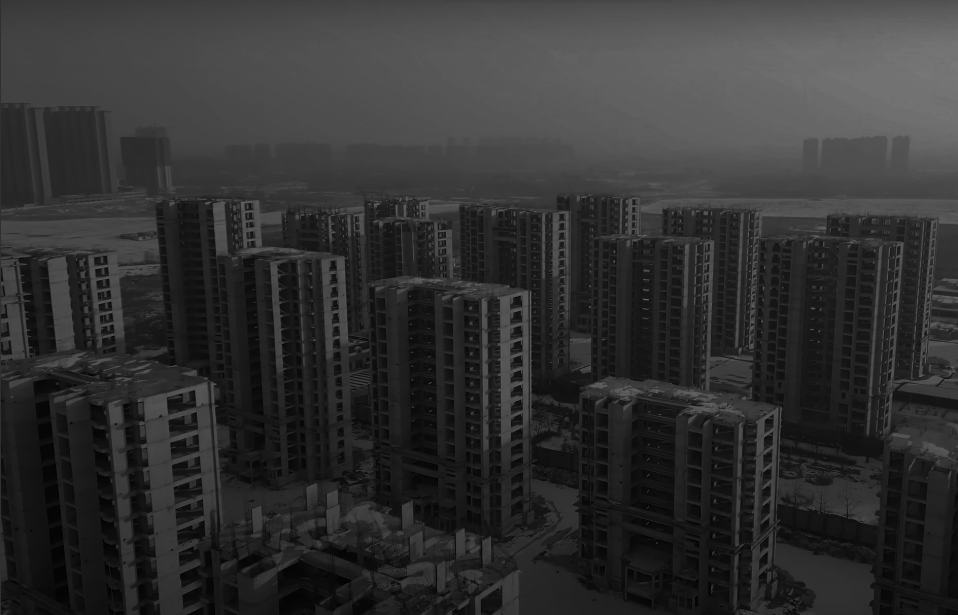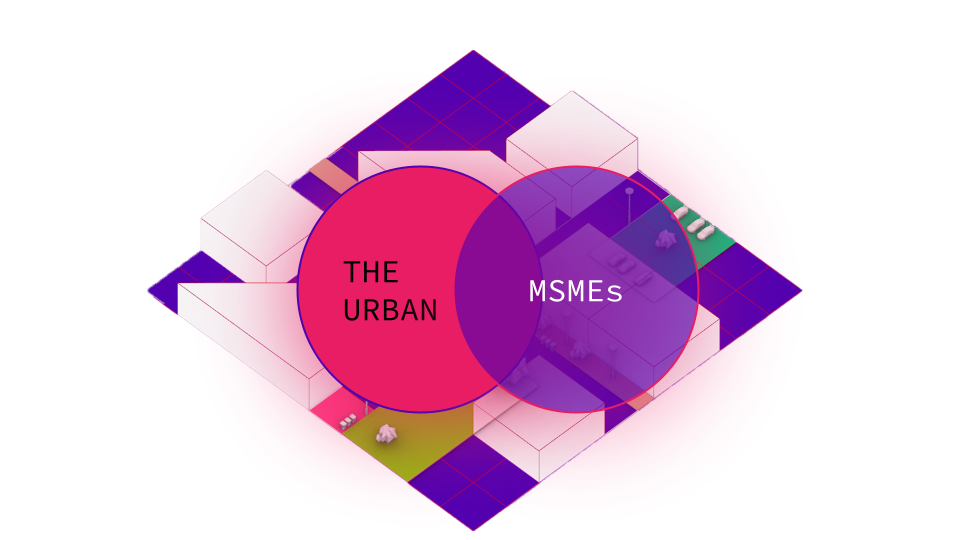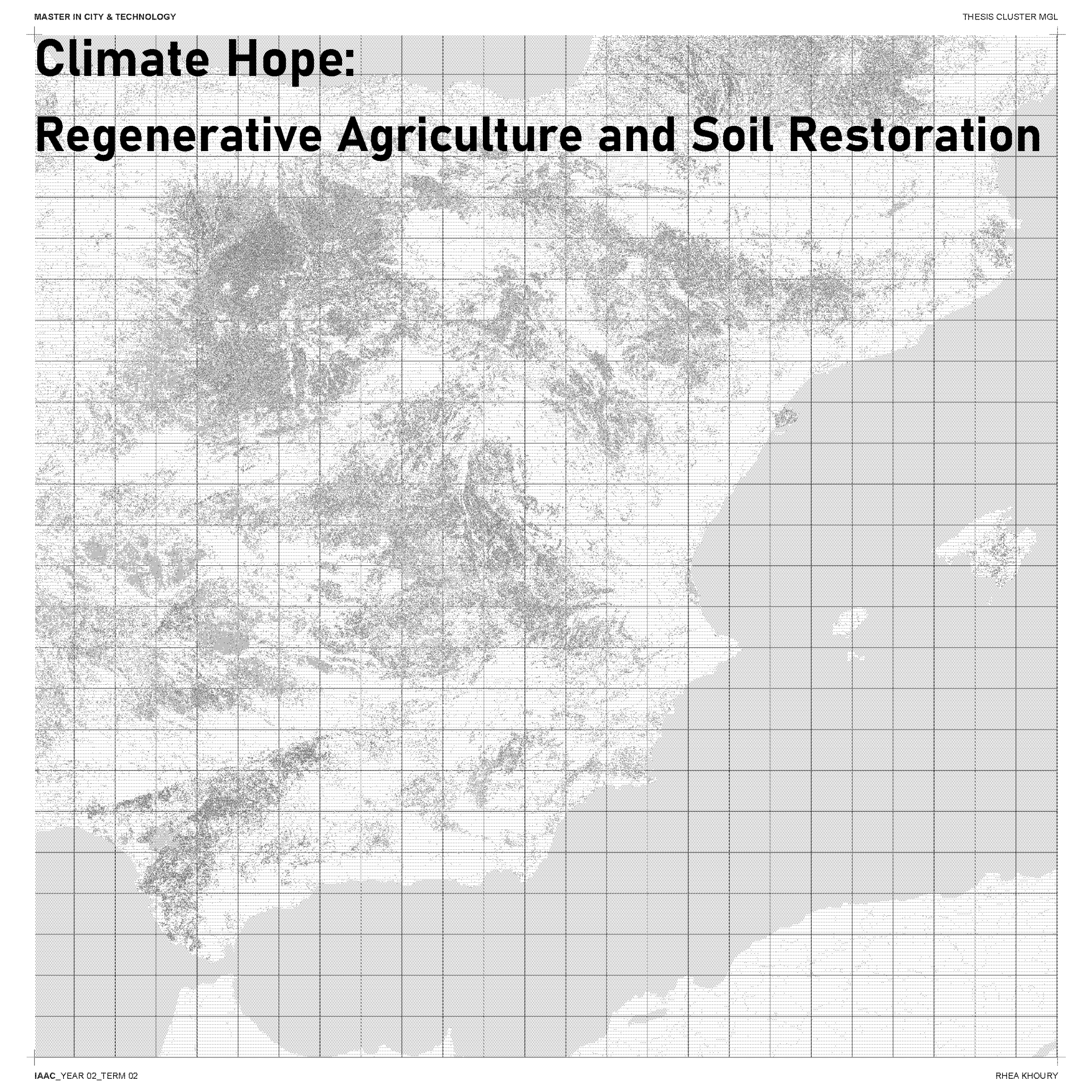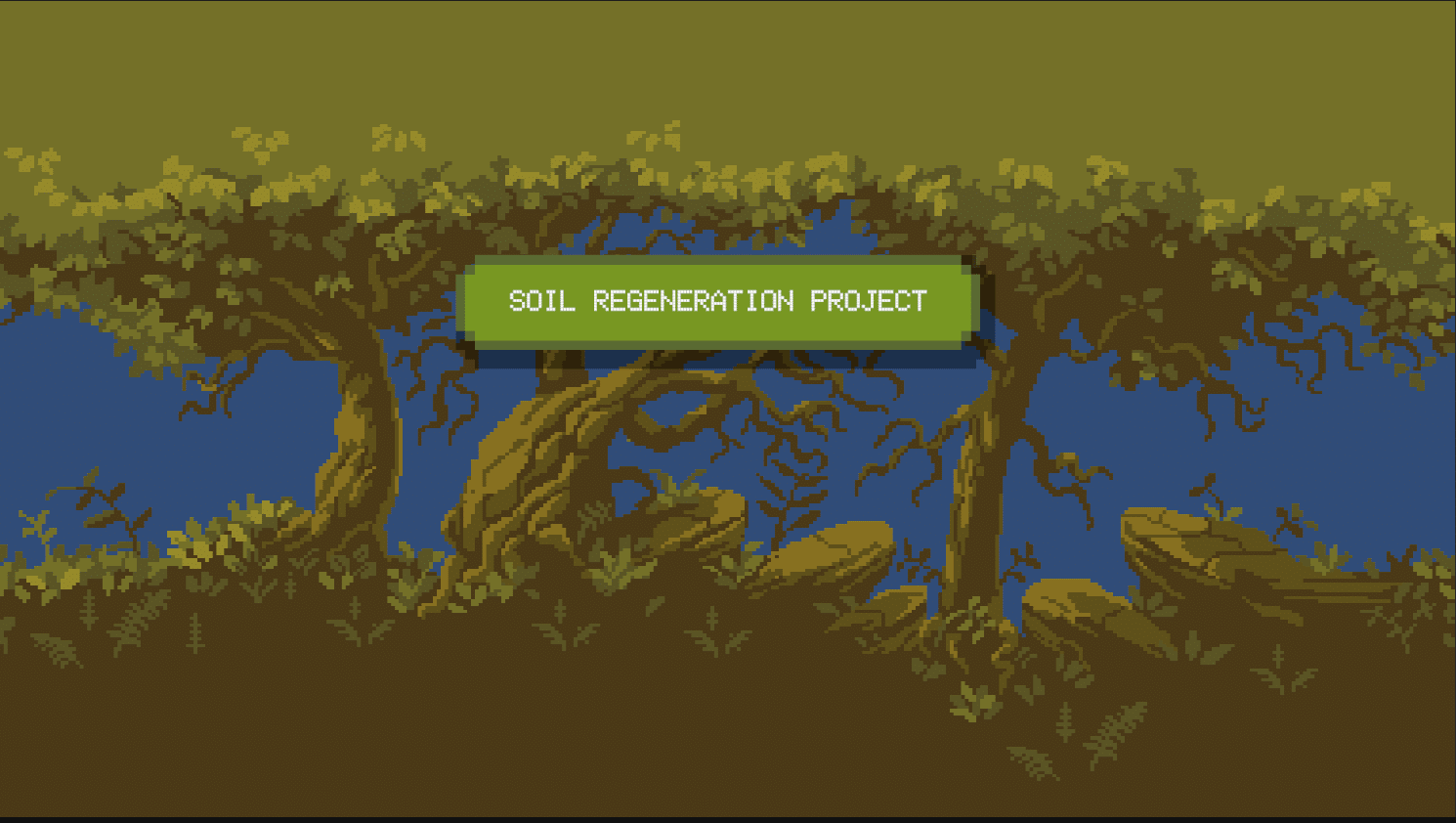[Un]becoming Local
Abstract: Framing the Question This research begins with a simple but unresolved question: how can modular housing design become local. In the twenty-first century, architects face a housing crisis shaped by financialisation, scarcity, and displacement. Modularity is often presented as a global solution that promises efficiency and scalability. Yet when implemented, these systems rarely connect … Read more

